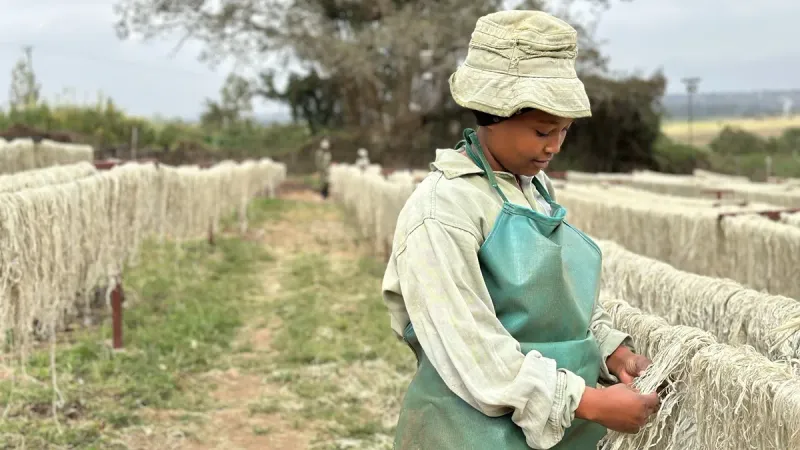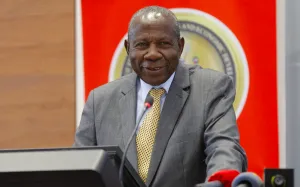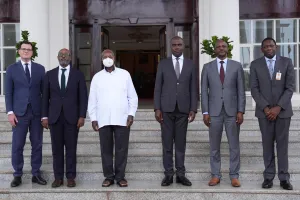
As the global community works toward a treaty to eliminate plastic pollution, Africa is already taking proactive steps, according to the UN Conference on Trade and Development (UNCTAD).
Through UNCTAD’s SMEP programme, several East African nations are accelerating the shift toward a circular and regenerative economy. The East African Community (EAC) is reviewing a draft bill aimed at creating a regionally binding roadmap to phase out harmful single-use plastics.
The initiative seeks to eliminate cross-border gaps that can undermine national regulations, standardizing policies across Burundi, the Democratic Republic of the Congo, Kenya, Rwanda, Somalia, South Sudan, Uganda, and the United Republic of Tanzania. In addition to banning certain plastics, the draft legislation introduces Extended Producer Responsibility (EPR) rules, incentivizes sustainable materials, and provides measures to protect informal workers while integrating them into the formal waste economy.
“Plastic controls must be paired with business-enabling measures, supportive policy frameworks, sustainable finance and skills development,” said Abraham Korir Sing’Oei, a principal secretary at Kenya’s Ministry of Foreign and Diaspora Affairs (UNCTAD).
Across the continent, governments are moving beyond temporary bans and clean-ups, seeking to reform legal frameworks, markets, and supply chains to favor non-plastic alternatives, which could also serve as a new engine for industrial growth.
In West Africa, Ghana has launched a five-year implementation plan to reduce plastic packaging and make sustainable alternatives more commercially viable. This plan, the first of its kind in the region, was developed with guidance from the UK-funded Sustainable Manufacturing and Environmental Pollution [SMEP] Programme of UNCTAD.
The blueprint aligns economic incentives, public procurement policies, and key performance indicators with Ghana’s broader industrial strategy. It is currently being piloted in sectors with the heaviest plastic use, including plastic mulch film, sachet water packaging, and carrier bags.
“This is a development strategy, not a waste strategy,” explained Ebenezer Laryea, a project director for SMEP in Ghana (UNCTAD).
The plan also links to forthcoming Extended Producer Responsibility [EPR] rules, positioning Ghana to compete in the emerging global circular bioeconomy. “We’re using plastics policy to drive broader industrial shift, rethinking how we trade and consume so that sustainability and the bioeconomy shape our path to economic growth,” Laryea added.
“Ghana’s transition provides an opportunity for both enhanced environmental protection and economic advancement, positioning the country as a hub for trade in plastic alternatives and natural substitutes,” said Larry Kottoe, Director of Ghana’s Environmental Protection Authority (UNCTAD).













Sunrise reporter
Leave a Comment
Your email address will not be published.